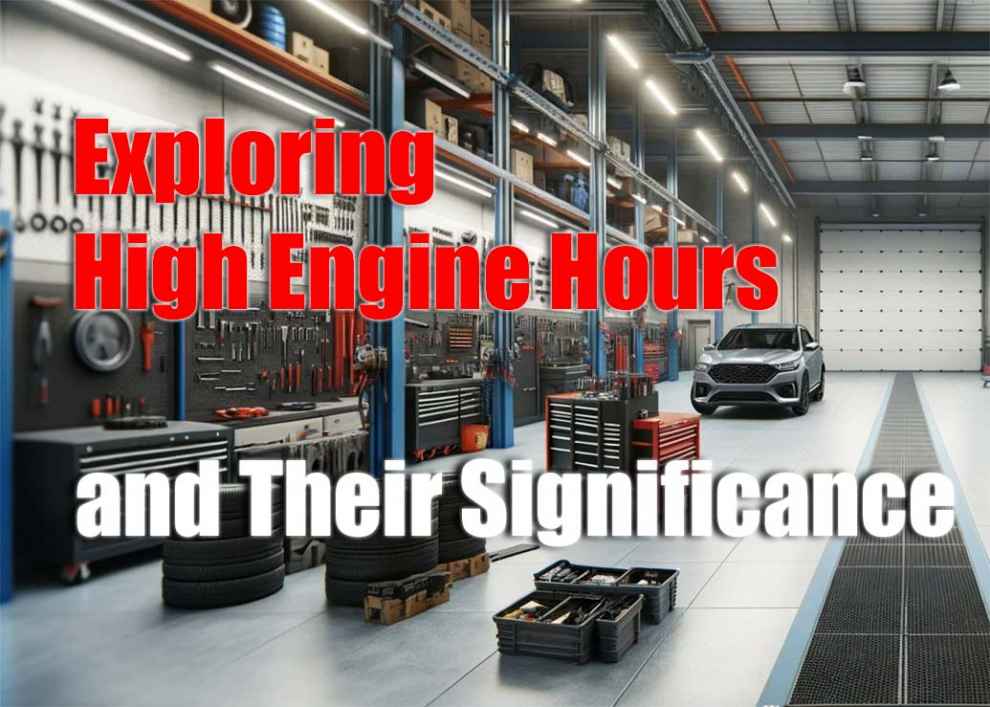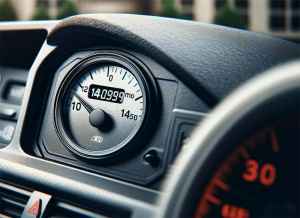In the intricate world of vehicle maintenance and performance assessment, engine hours emerge as a pivotal metric, offering a deeper dive into the engine’s operational history beyond the traditional mileage count. This measurement is especially vital for vehicles utilized in conditions where they are running for extended periods without necessarily covering a large distance, such as in construction, agriculture, or marine industries. A thorough understanding of high engine hours provides essential insights into an engine’s wear, usage intensity, and potential remaining lifespan. This knowledge is invaluable, aiding in the formulation of targeted maintenance strategies and informing decisions regarding vehicle purchase or overhaul, ensuring that investments in vehicle operation and maintenance are made wisely.
What Are Engine Hours?
Engine hours serve as a critical indicator, quantifying the total duration an engine has been operational. This measure sheds light on the engine’s workload and exposure to wear in scenarios where mileage might not fully capture the engine’s use, such as prolonged idling or extensive use in a stationary position. High engine hours can signify considerable usage, implying that the engine may have endured significant stress and wear, even if the vehicle’s mileage appears relatively low. This metric is crucial for accurately assessing the condition of vehicles used in demanding operational contexts, where the engine’s health directly impacts performance and efficiency.
How Are Engine Hours Measured?
The precise tracking of engine hours is accomplished through the use of an engine hour meter. This indispensable tool records the time an engine operates, from the moment it springs to life until it is shut down. The role of this device is multifaceted:
-
It underpins the scheduling of maintenance activities, ensuring they are based on the actual use of the engine.
-
It informs the determination of service intervals, aligning maintenance needs with the engine’s wear and operational demands.
-
It provides a detailed account of the engine’s operational history, facilitating accurate assessment and maintenance planning.
Understanding the Role of Engine Hour Meters in Maintenance Planning
Engine hour meters are not just tools for recording time; they are integral to developing a maintenance schedule that aligns with the actual conditions and usage patterns of the engine. By providing a precise measure of engine operation, these meters help avoid over- or under-maintenance, both of which can lead to unnecessary costs or premature engine wear. For fleet managers and vehicle owners alike, understanding the data from engine hour meters can optimize maintenance routines, ensuring that each engine receives care based on its specific operational demands.
Factors That Affect Engine Hours
The accumulation of engine hours is influenced by a variety of factors, which include but are not limited to:
-
The vehicle’s operational environment, particularly conditions that necessitate prolonged idling or stationary use.
-
The specific use cases of the vehicle, such as using the engine to power auxiliary equipment or tools.
-
The maintenance practices adhered to, where diligent and regular servicing can significantly extend the life of an engine, even under conditions of high operational hours.
Final Thoughts
The implications of high engine hours are manifold, affecting a vehicle’s performance, operational efficiency, and the longevity of its engine. A comprehensive evaluation of a vehicle with high engine hours requires a thorough review of its maintenance history, an assessment of its current engine health, and an understanding of its operational background. For individuals keen on ensuring their vehicles, particularly those with demanding operational profiles, maintain peak performance, the choice of quality components becomes paramount. For example, the selection of the best radiator for Jeep can markedly enhance the cooling efficiency and overall performance of the engine, a critical consideration for vehicles with high engine hours.

 It underpins the scheduling of maintenance activities, ensuring they are based on the actual use of the engine.
It underpins the scheduling of maintenance activities, ensuring they are based on the actual use of the engine.
Add Comment